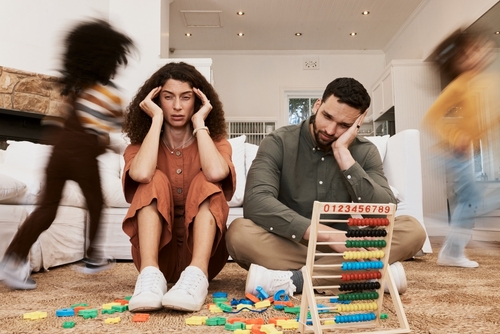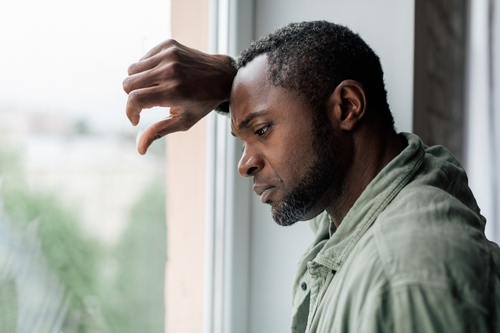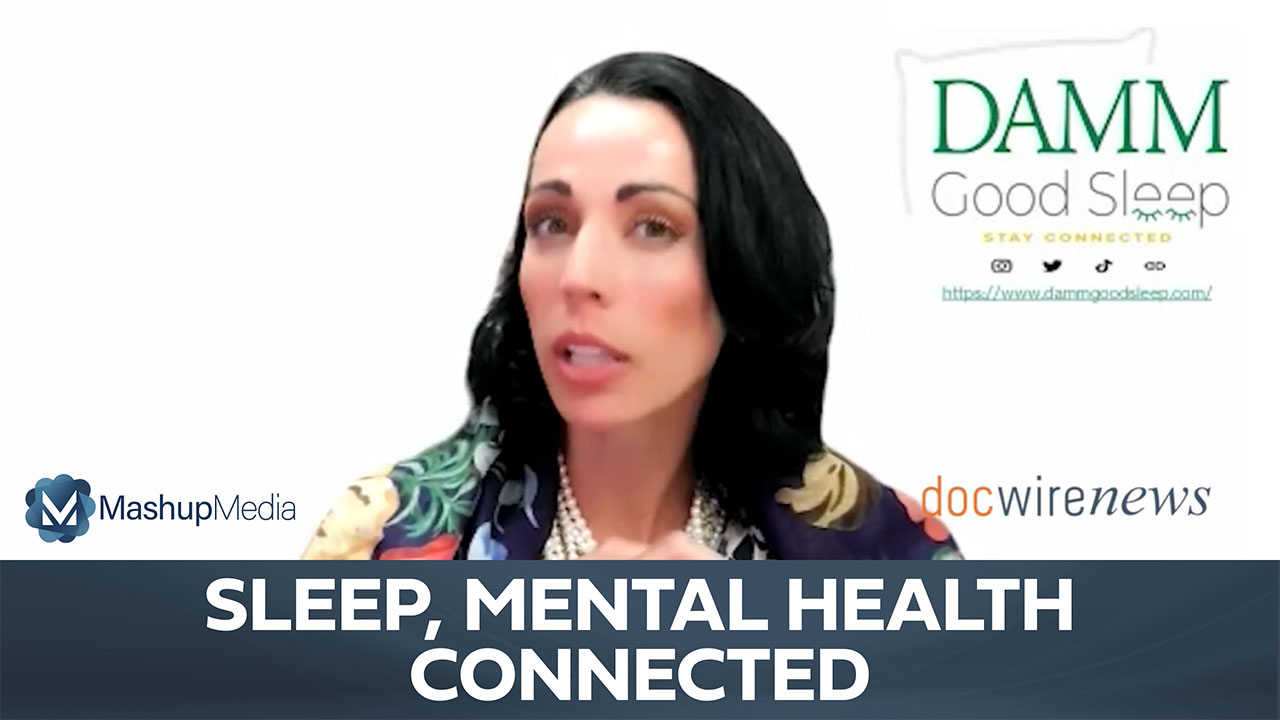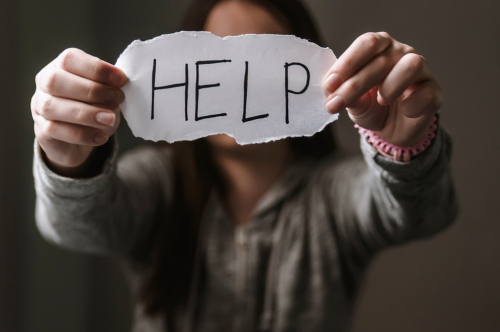
Is it healthy to strive for the status of being a “perfect parent”? New research shows the answer is no.
Researchers from the Ohio State University College of Nursing and the university’s Office of the Chief Wellness Officer led a national survey of more than 700 parents from June 15 to July 28, 2023, and reported these findings related to the pressure to be “perfect”:
- Fifty-seven percent (57%) of parents self-reported burnout.
- Parental burnout is significantly linked to internal and external expectations, including whether one feels they are a good parent, perceived judgment from others, time to play with their children, the relationship with their spouse, and keeping a clean house.
- The more free time parents spend with their children and the lighter the load of extracurricular activities, the fewer mental health issues reported in their children (eg, anxiety, depression, OCD, ADHD, bipolar disorder).
- Parents’ mental health and behaviors have a profound impact on their children’s mental health. If their children have a mental health disorder, parents report a higher level of burnout and a greater likelihood for them to insult, criticize, scream at, curse at, and/or physically harm their children (eg, corporal punishment). Moreover, higher levels of self-reported parental burnout and harsh parenting practices are associated with more mental health problems in children.
Results Suggest Self-Care Is Important
Kate Gawlik, DNP, one of the lead researchers on the study, can relate to the pressures of parenthood as a working mother of 4 children. She notes that the illusion and expectations of “perfect parenting” can be deflating.
“I think social media has just really tipped the scales,” said Gawlik, an associate clinical professor at the Ohio State College of Nursing, via a press release. “You can look at people on Instagram, or you can even just see people walking around, and I always think, ‘How do they do that? How do they seem to always have it all together when I don’t?’”
“When parents are burned out, they have more depression, anxiety, and stress, but their children also do behaviorally and emotionally worse,” said Bernadette Melnyk, PhD, FAAN, vice president for health promotion and chief wellness officer at Ohio State. “It’s important to face your true story if you’re burning out as a parent and do something about it for better self-care.”







 © 2025 Mashup Media, LLC, a Formedics Property. All Rights Reserved.
© 2025 Mashup Media, LLC, a Formedics Property. All Rights Reserved.